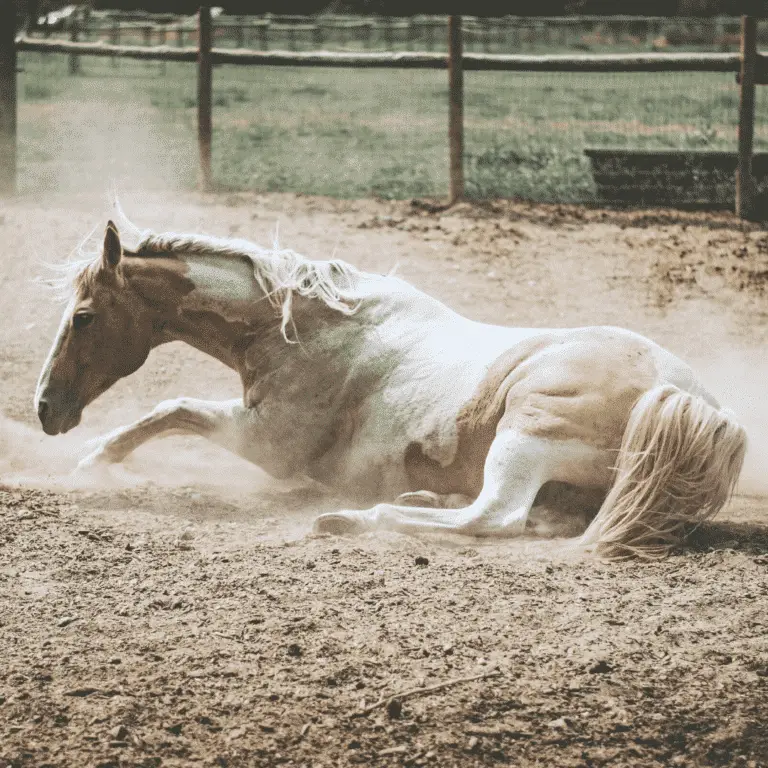
The Equine Colic
Expert Advice: This article was written by Dr. Pedro Penha Garcia, a veterinarian with 10+ years of experience. What is an Equine Colic? A Colic is something no horse owner wants to face, but if you have horses, you’ll likely
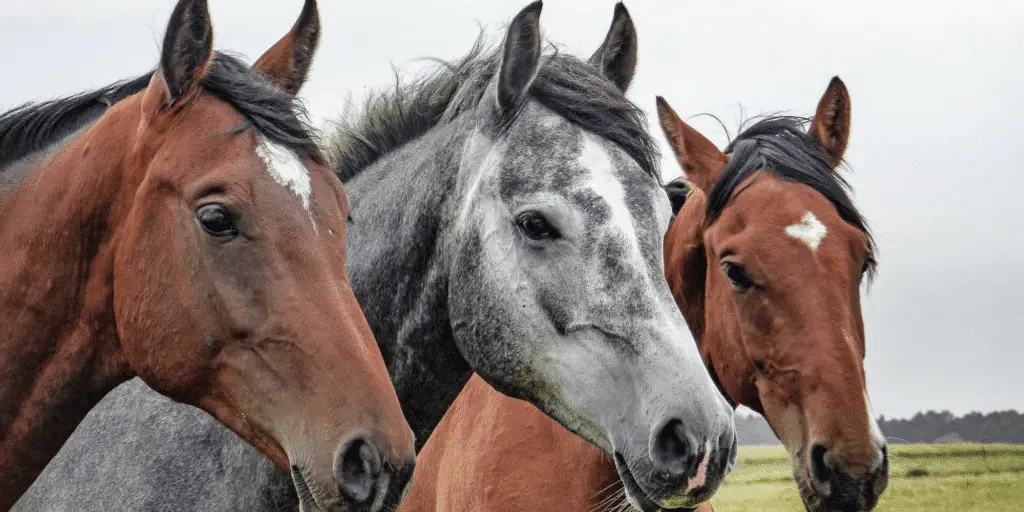
Discharge from the ears is often caused by an infection, parasite or insect infestation.
If you notice a swelling in the ears, it may also be caused by parasites, insects or an infection as well. However, these swellings can also be frostbite or tumours. Bleeding ears are usually caused by trauma or sarcoids. Equine sarcoids are skin tumours that respond to irritation and/or injury with massive growth. Treatment of sarcoids by a veterinarian is essential.
If you notice that your horse suffers from severe itching, then a mite infestation is obvious.
Your horse’s ears are essential. Not only does it hear and orient itself, but it also shows you its state of mind. If you notice that your horse hardly reacts to you or not at all, then this can have various causes. Besides a sudden loss of hearing, an injury or swelling in the ear is also a possibility.
Not only cloudy eyes can be a sign that your horse is not healthy. Discharge, swelling, itching and/or a reddish discolouration or frequent blinking are also possible symptoms. These are often caused by foreign bodies/insects/dust, infections or injuries. Have the eye examined by a veterinarian!
Horses are real sniffers. They can detect smells up to two kilometres away. Moreover, horses can only breathe through their nostrils and not throuAgh their mouths. This makes it all the more important to keep an eye on your horse’s nostrils and treat possible infections immediately.
Discharge from the nostrils is categorised as one-sided and both-sided. One-sided discharge can be caused by a dental abscess or a sinus infection. Both-sided discharge often indicates a bacterial or viral infection.
If your horse has a nosebleed, it may be due to overloading or, in extreme cases, head trauma.
It is often forgotten or underestimated how much the colour of the gums tells you about the health of your horse.
Ideally, your horse’s gums should be pale pink to white-grey. Here is an overview of what the different gum colours can mean.
White/light: reduced blood circulation, anaemia, shock
Red: dehydration, poisoning
Dark/purple: poisoning, shock, lack of oxygen in the blood
Yellow: liver failure, high bilirubin concentration
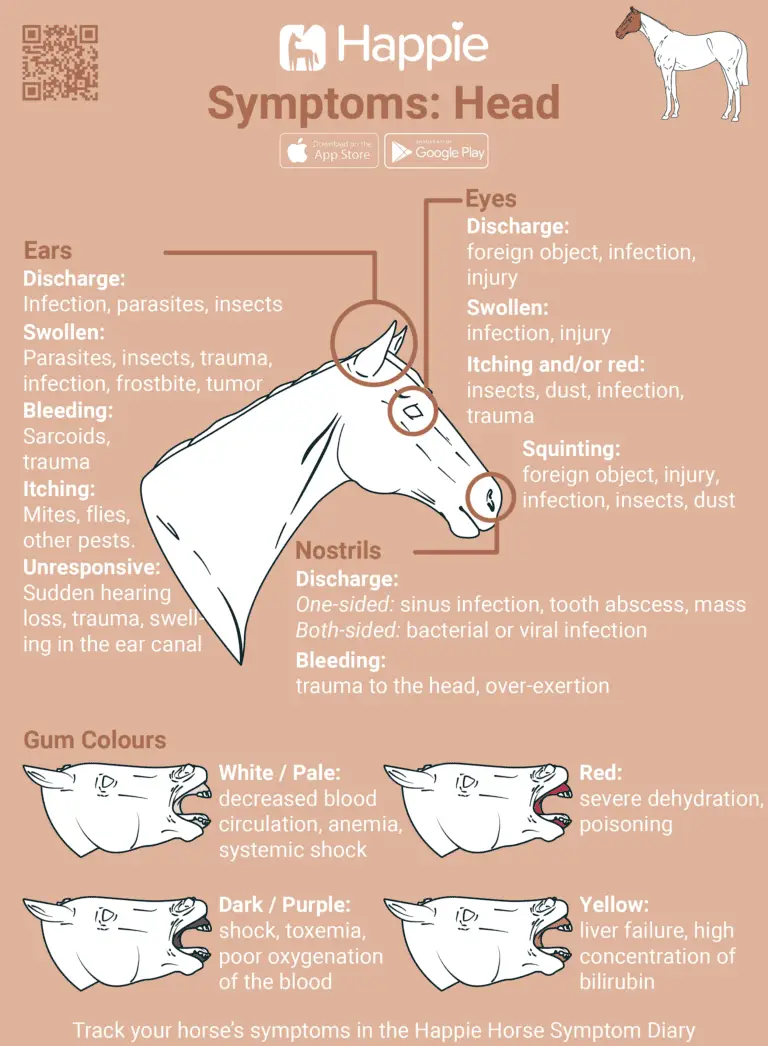


Expert Advice: This article was written by Dr. Pedro Penha Garcia, a veterinarian with 10+ years of experience. What is an Equine Colic? A Colic is something no horse owner wants to face, but if you have horses, you’ll likely
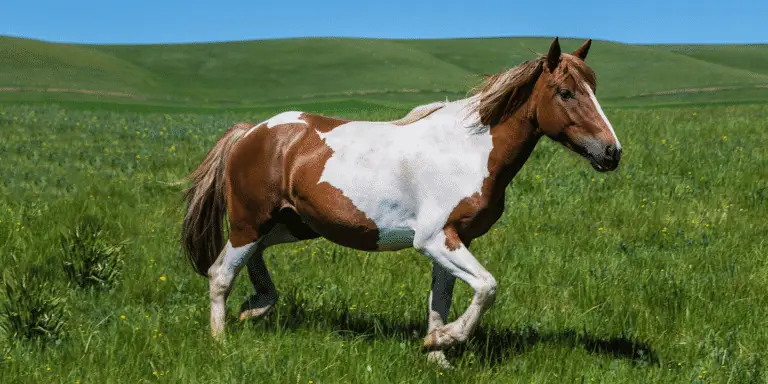
When grooming and saddling, you can easily check your horse’s body for symptoms. In this blog post you can read about symptoms of the horse’s body and what they could mean. Everything About Symptoms on the Horse Body A Sore
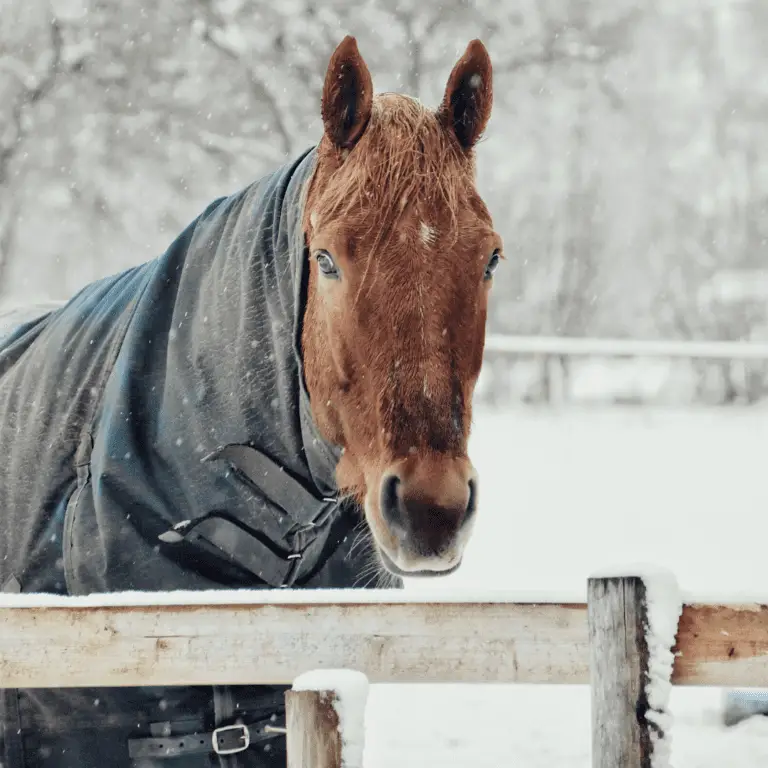
Are you over-rugging your horse out of concern? There are key factors you should keep in mind when using blankets for your horse during winter. During the winter season, most people automatically throw a rug on their horse, or so
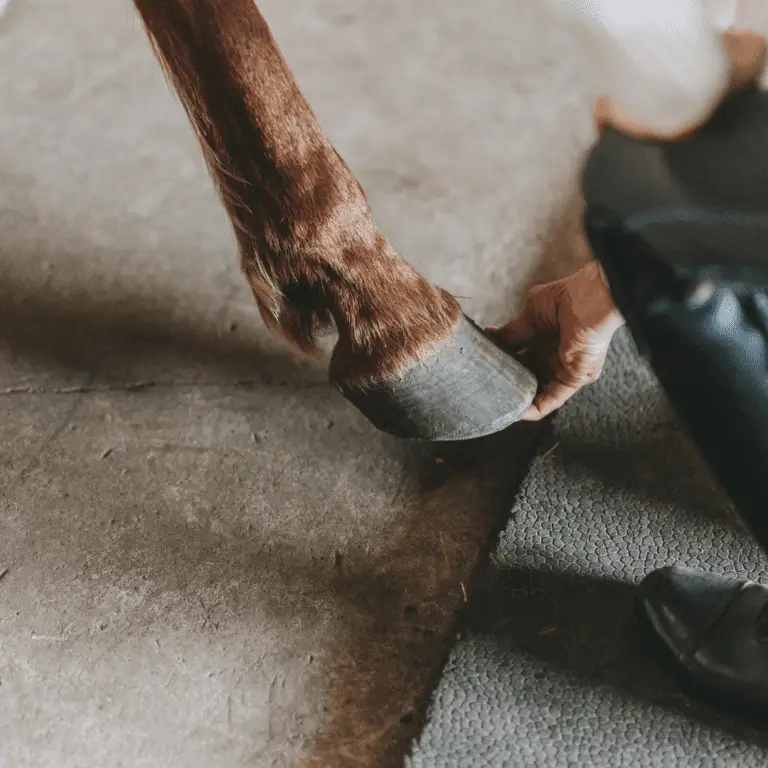
Going barefoot refers to the practice of keeping horses without horseshoes, allowing them to walk and run on natural surfaces with their hooves unprotected by metal shoes. This practice is based on the idea that horses evolved to have hooves
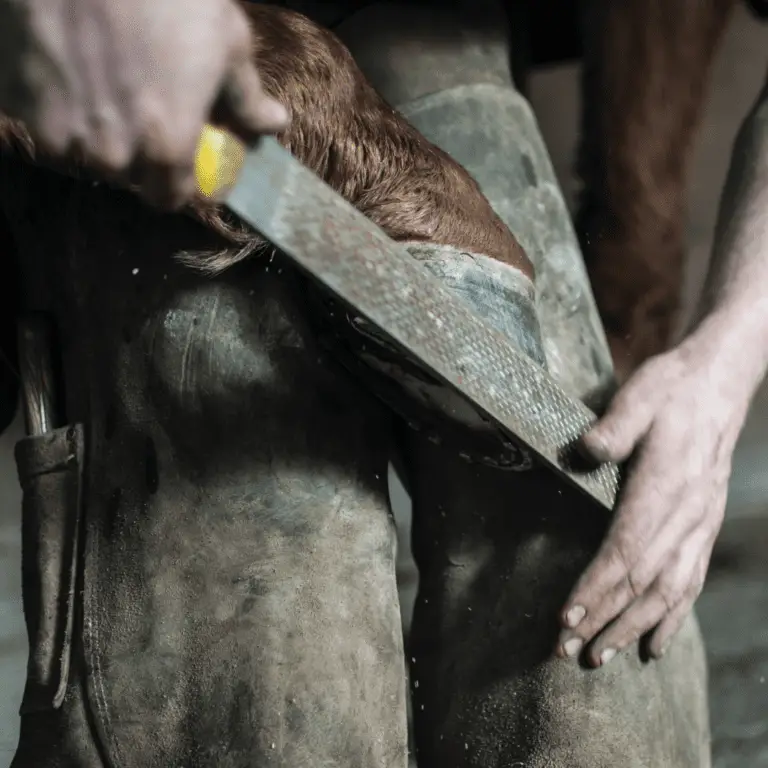
For a healthy foundation Hoof care is an important part of equine health care. The hooves are the foundation of the horse and bear the entire body weight of the animal. Regular hoof care is therefore essential to maintain healthy

It is nothing new that horses are very agile animals. But did you know that a horse’s skeleton consists of 252 individual bones? This means that a horse has 46 more bones than a human. However, horses do not have